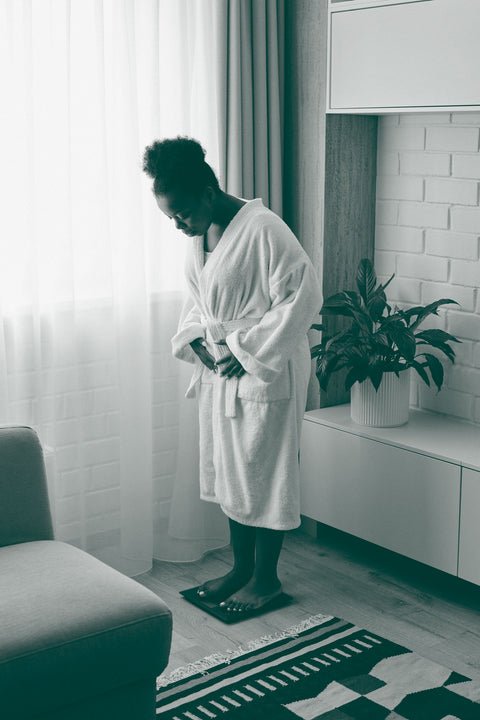Education Hub


Starting a new diet or lifestyle change often comes with a burst of excitement, but maintaining that enthusiasm can be challenging. When motivation wanes, it's essential to be kind to yourself and implement effective strategies to stay on track. Reflect on your reasons, set realistic goals, build a support system, and practice self-compassion. Remember, progress, not perfection, is the key to sustainable change.



Cravings are common, but if they happen often and you feel out of control, they may indicate something deeper. PCOS and high BMI increase the likelihood of food cravings and emotional eating. The debate on food addiction continues, but intense cravings for highly palatable foods resemble addictive patterns. Overcoming compulsive behaviors requires understanding your triggers. Recognize the five categories of cravings: physical, emotional, social, exposure, and habitual, to regain control of your relationship with food.


Some women feel bad if they don't eat what they think is "pure", "clean", or "healthy" food. This can lead to a problem called Orthorexia, where someone becomes obsessed with eating perfectly. Eating too "clean" can also cause health problems like not getting enough nutrients, hormone imbalances, feeling anxious, having trouble digesting food, and feeling left out of social situations. Eating healthily means finding a balance and sticking to basic nutrition guidelines while also being flexible.






A short animated video looking at the importance of sleep.
Lack of sleep can harm your heart health, contribute to weight gain, insulin resistance, and affect your mood. Achieving quality sleep can be as easy as creating a dark sleep environment. Darkness signals our body to rest and triggers melatonin production, the sleep hormone. Our body functions, including the immune system, gut, muscles, and hormones, follow a daily rhythm regulated by the circadian clock. This clock relies on light and dark cycles to stay in sync and make necessary adjustments. Disrupting our light exposure can have significant effects, throwing our cycles off balance. It's crucial to find the right light balance, avoiding insufficient light in the morning and excessive light at night. Hormonal imbalances, like those in PCOS, can impact sleep for women. PCOS women often struggle with sleep disturbances and daytime fatigue, as melatonin and cortisol act differently in their bodies. Regardless of PCOS, prioritising good sleep is vital for overall health.






